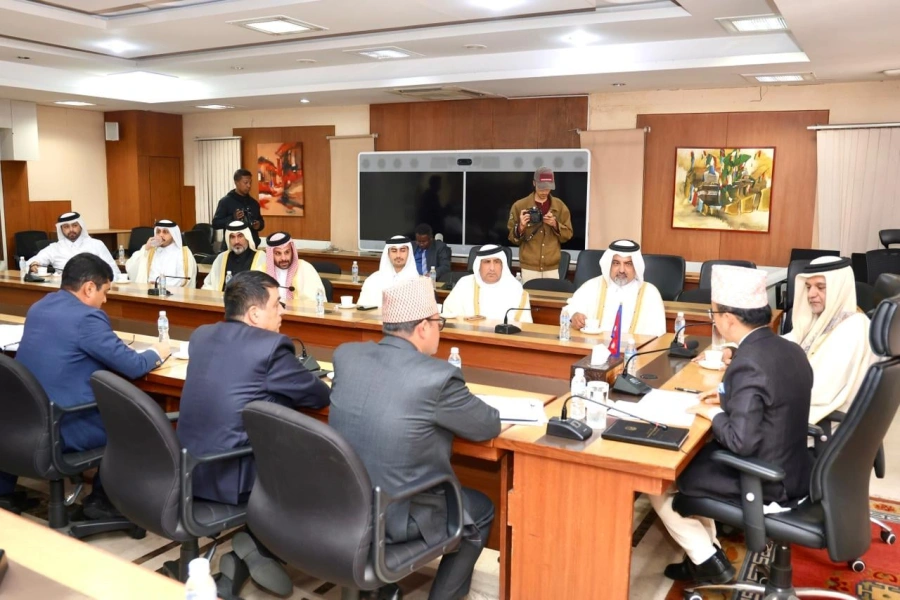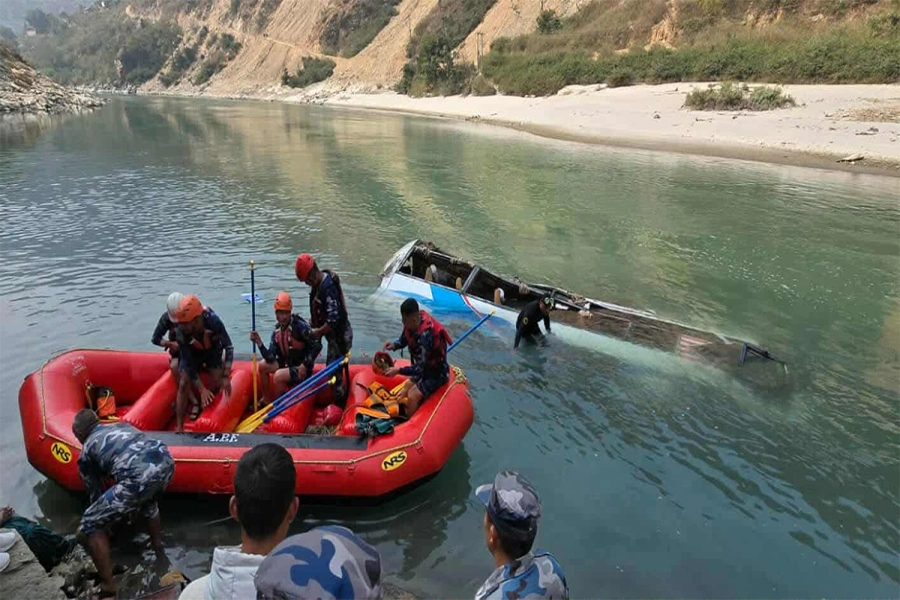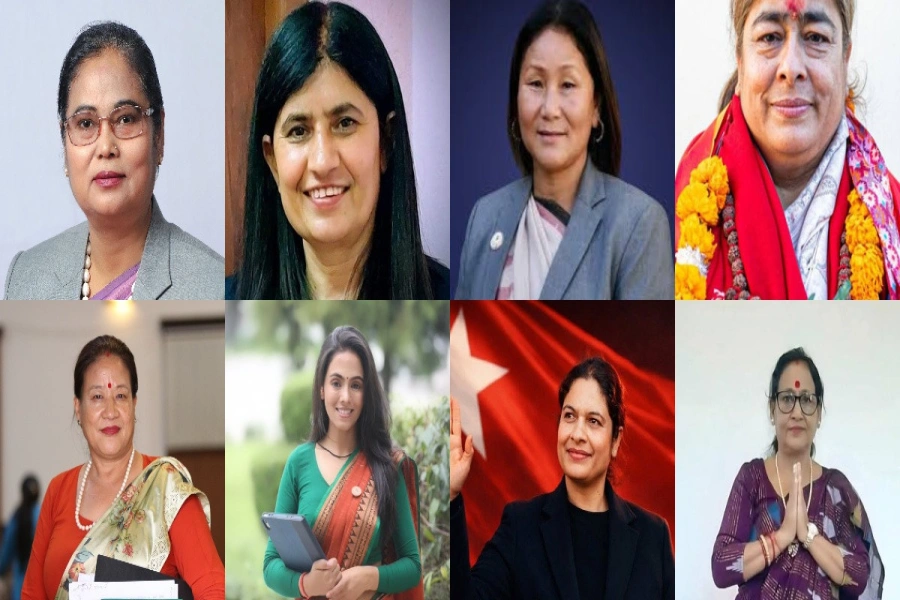The recent dismissal of Major General Prem Shahi from the Nepalese Army (NA) following his 59-day detention raises serious concerns about the army's commitment to upholding constitutional supremacy and the rule of law. This all began after the NA Headquarters issued Shahi a letter of "premature" retirement leave on the grounds of an error in his academic certificate. Shahi took the matter to the apex court, which ordered the NA to revoke the decision and allow him to rejoin his office. However, he was arrested by the military police on the orders of the Chief of Army Staff (CoAS) Prabhu Ram Sharma when he reached the army headquarters with the court's order on January 3. The NA then alleged that Shahi was arrested for financial irregularities and formed a Court of Inquiry, headed by Brigadier General Baburam Shrestha, to investigate the matter. However, as the Court of Inquiry had weak legal grounds to conduct an investigation, it instead focused on allegations of mutiny and property damage within the army. Shahi was subsequently released from custody and dismissed from service on the charge of mutiny. Two other NA officers, Colonel Mahendra Jung Shah and Lieutenant Colonel Kuldip Timilisina, were also arrested for allegedly aiding Shahi. However, following a habeas corpus petition filed by their families, they were released with partial action after the apex court ordered the NA to present them in court within three days along with the official documents of their charges. The army headquarters obstructed the court official and the families who tried to serve the notice, forcing them to wait for several hours before the military court made a hasty decision to sack Shahi from service and release Shah and Timilsina.
The Meaningless Maoist Attack on Judiciary

The entire incident raises serious questions about the NA's commitment to upholding constitutional supremacy and the rule of law. It appears that the military has taken advantage of weak legal grounds to detain and dismiss individuals without proper investigation or due process. This undermines the principles of democracy and justice and must be addressed immediately to restore public confidence in the country's institutions. It is essential to hold the military accountable to civilian authority, as no institution should be above the law. The sacking of Major General Shahi on charges of mutiny on flimsy grounds is deeply troubling. It is especially problematic because a case of mutiny carries a possible punishment of lifelong imprisonment, and simply dismissing Shahi from service is not sufficient. Moreover, it is difficult to believe that a senior officer aided by two junior officers in a different unit could stage a mutiny. If knocking the door of the Supreme Court for justice is what the army terms ‘mutiny’ then it gives a clear message that the army has no respect for the judiciary. The NA's initial claim that Shahi was arrested on charges of not maintaining financial discipline, which falls under corruption, is also suspicious. Investigations into such charges should be carried out by a committee headed by the Attorney General, as recommended by the government. Similarly, such cases should be heard by the Military Special Court, which is headed by a High Court judge recommended by the government. The fact that these procedures were not duly followed in this case raises questions over the intention of the current military leadership. This also puts the credibility of the military court and the fairness of the trial in question.
This particular incident involving Major General Shahi and two other junior officers within the national army raises troubling concerns about the extent to which the national army can defy the constitution and the rule of law. The actions of the NA Headquarters are seen as part of a purge against those close to former CoAS Purna Chandra Thapa, as Shahi is considered an official close to him. As a newspaper, we want to see the NA fully adhering to the constitution and the rule of law, and that its actions are not motivated by personal vendettas or political agendas. The failure to obey a court order by any state institutions, including the army, is a contempt of court. The decision to sack Shahi instead of allowing him to complete his term as per the court’s order must be scrutinized to determine if it was based on credible evidence. If not, appropriate action must be taken to hold those responsible accountable. It is crucial that the national army is transparent and accountable in its actions, subject to civilian oversight. The military is an essential institution in any country, but it must not be above the law. Its actions must be accountable to civilian authority. We must ensure that the rule of law prevails in the army, as it does in all other aspects of society. The government and civil society must take appropriate measures to hold the military accountable and transparent in its actions.






































